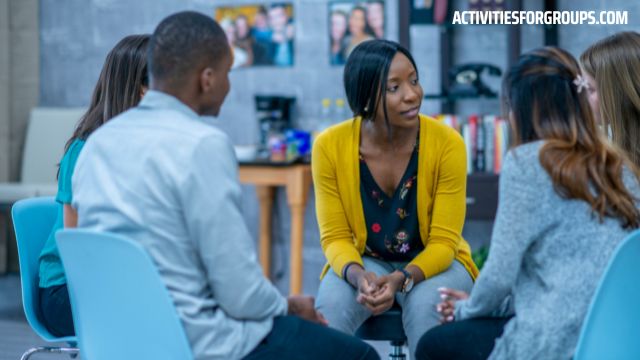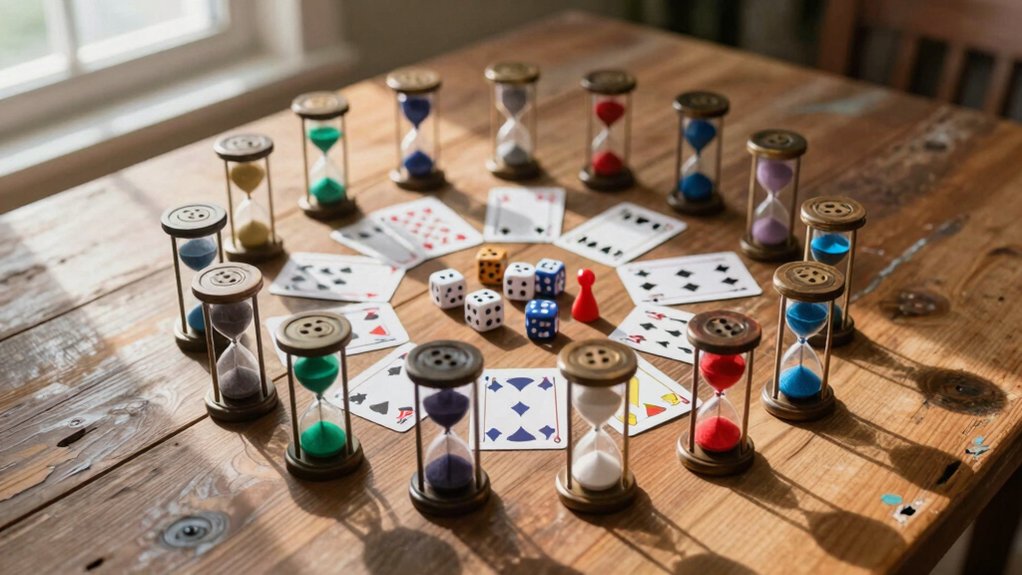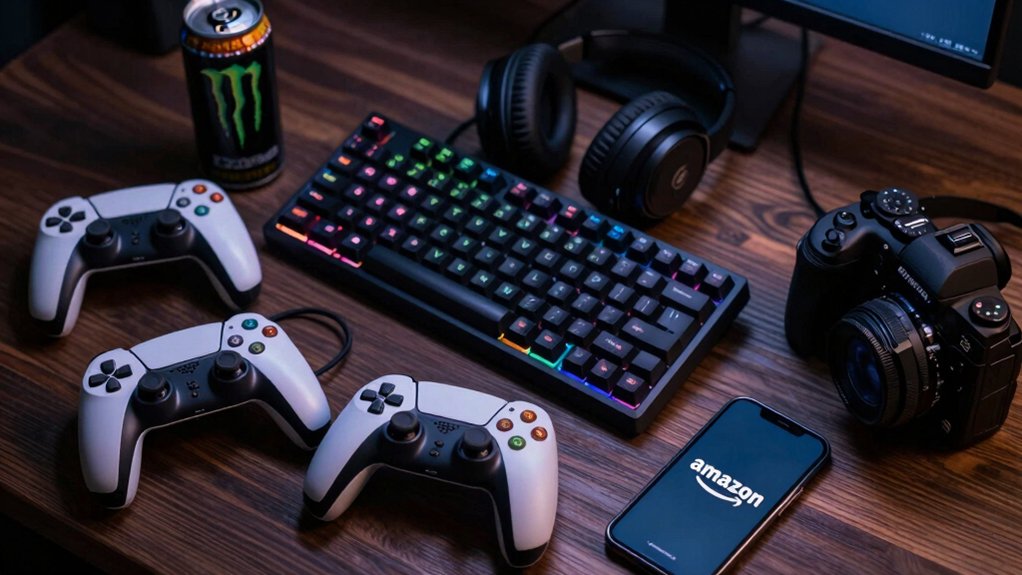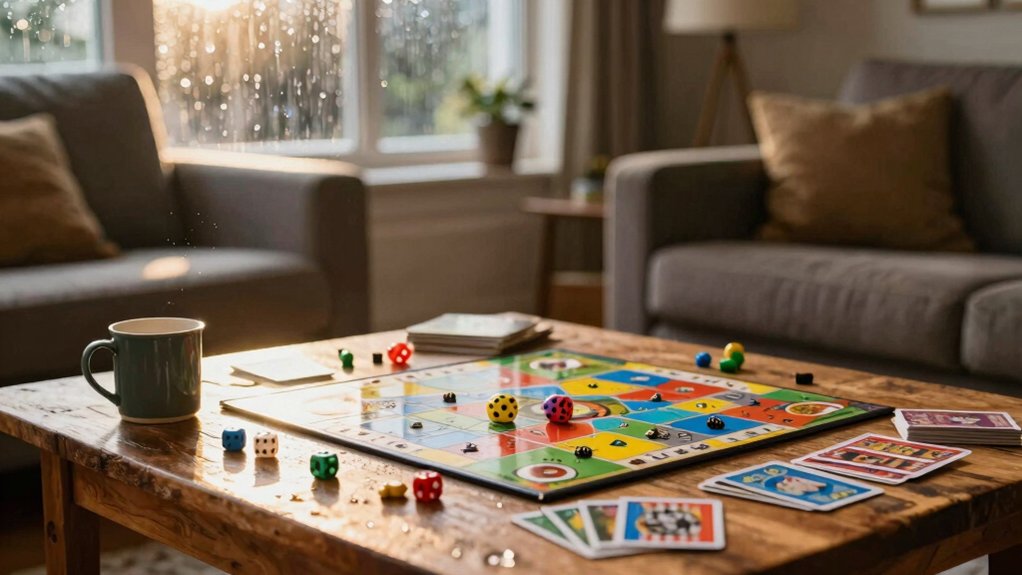Domestic violence survivors go through a lot of feelings and thoughts. Heroes are those who support them during those tough times. Are you one of the heroes of the domestic violence survivor’s support group? If so, you should get involved in various activities. Let’s take a look at what the activities are and why you should join.

Activities for domestic violence survivor’s support groups include arranging motivation seminars, lunch and learn and group therapy sessions.
Donation campaigns and regular meeting schedules are also excellent options for the group. This type of activity aims to enhance motivation and positivity in support groups.
Let’s have a deep insight!
Another post that will interest you is about the 25 Effective Group Activities For Business Meetings.
20 Activities For Domestic Violence Survivors Support Group
| Activity Ideas | Explanation |
|---|---|
| 1. Art Therapy | Engaging in artistic expression can help survivors process their emotions, promote healing, and foster self-discovery. |
| 2. Mindfulness Meditation | Practicing mindfulness can help survivors develop self-awareness, reduce stress, and improve overall well-being. |
| 3. Group Discussions | Providing a safe space for survivors to share their experiences, offer support, and learn from one another’s journeys. |
| 4. Self-Defense Workshop | Empowering survivors by teaching practical self-defense techniques and enhancing their sense of personal safety. |
| 5. Journaling | Encouraging survivors to write about their feelings, experiences, and thoughts as a therapeutic outlet and tool for reflection. |
| 6. Yoga Classes | Promoting physical and mental well-being through gentle stretches, breathing exercises, and relaxation techniques. |
| 7. Guest Speaker Sessions | Inviting professionals, survivors, or advocates to share their knowledge, experiences, and resources with the group. |
| 8. Healing Circles | Creating a supportive environment where survivors can share their stories, receive empathy, and gain strength from others. |
| 9. Creative Writing Workshops | Encouraging survivors to explore their creativity through writing, providing an outlet for self-expression and healing. |
| 10. Healthy Cooking Classes | Teaching survivors about nutrition, meal planning, and cooking skills to promote physical health and self-care. |
| 11. Music Therapy | Using music as a therapeutic tool to help survivors express their emotions, reduce anxiety, and promote relaxation. |
| 12. Body Awareness Exercises | Guiding survivors through activities that help them reconnect with their bodies and rebuild a positive relationship. |
| 13. Movie Nights | Screening films related to domestic violence to foster discussion, increase awareness, and promote education. |
| 14. Assertiveness Training | Teaching survivors effective communication skills and strategies to assert boundaries and rebuild self-confidence. |
| 15. Nature Walks | Organizing outdoor activities in nature to promote relaxation, reduce stress, and provide a change of environment. |
| 16. Book Club | Reading and discussing books that address themes of resilience, healing, and empowerment for survivors. |
| 17. Self-Care Workshops | Offering sessions on self-care practices, such as healthy coping mechanisms, stress management, and relaxation techniques. |
| 18. Volunteer Work Opportunities | Encouraging survivors to engage in volunteer activities, empowering them to give back to their community. |
| 19. Financial Literacy Workshops | Providing survivors with knowledge and skills to manage their finances, regain independence, and build a secure future. |
| 20. Celebratory Events | Organizing special occasions to acknowledge survivors’ achievements, milestones, and their strength in overcoming adversity. |
Remember, when conducting any activity, it is essential to ensure a safe and supportive environment for all participants.
Why Does Domestic Violence Survivors’ Support Group Need Fun Activities?
A domestic violence survivors support group must engage its members with fun activities to boost motivation and keep them engaged. The activities can make members feel less alone. During the activity, they will meet many people who also support survivors of violence.
It is never a good idea to engage in domestic violence. As a supporter, you may suffer mental problems if you constantly work with such violence. So, fun activities are great for a group to keep them engaged, optimistic, and motivated.
For domestic violence survivors’ support groups to be successful, you need fun activities to keep the survivors and motivated. To sustain long-term participation, group activities should be interactive and rewarding and make members feel like they’re contributing. Fun activities will also help the member to be focused.
The purpose of fun activities is to distract from the complex topics discussed. It prevents participants from reliving their traumatic experiences and allows them to focus on healing instead.

FAQ
Q: What are some activities that can be included in a domestic violence survivors support group?
A: Some activities that can be included are art therapy, journaling exercises, mindfulness and relaxation techniques, group discussions, role-playing scenarios, and self-care workshops.
Q: How can art therapy benefit survivors of domestic violence?
A: Art therapy provides a non-verbal outlet for survivors to express their feelings and experiences. It can help in processing trauma, reducing stress, and promoting healing and self-discovery.
Q: What are some journaling exercises that could be done in a support group?
A: Journaling exercises could include prompts for expressing emotions, reflecting on personal growth, setting goals, writing gratitude lists, or documenting moments of self-care and empowerment.
Q: How can mindfulness and relaxation techniques be helpful for survivors?
A: Mindfulness and relaxation techniques, such as deep breathing exercises, guided meditations, or progressive muscle relaxation, can help survivors reduce anxiety, manage stress, and cultivate a sense of inner calm and self-awareness.
Q: How can group discussions be beneficial for survivors?
A: Group discussions provide a safe space for survivors to share their experiences, offer support, and gain insights from others who have gone through similar situations. It promotes a sense of community and validation.
Q: What is the purpose of role-playing scenarios in a support group?
A: Role-playing scenarios allow survivors to practice assertiveness skills, boundary-setting, and conflict resolution in a safe environment. It can help build confidence and empower survivors to handle challenging situations.
Q: What topics can be covered in self-care workshops for domestic violence survivors?
A: Self-care workshops can cover topics such as establishing healthy boundaries, self-compassion and self-acceptance, stress management techniques, building resilience, and developing self-care routines.
Q: Can these activities be adapted for virtual support groups?
A: Yes, these activities can be adapted for virtual support groups by using online collaborative platforms for art therapy, virtual journaling exercises, guided meditations or relaxation recordings, and facilitating group discussions through video conferencing.
Q: Are these activities suitable for survivors at different stages of their healing journey?
A: Yes, these activities can be tailored to suit survivors at different stages of their healing journey. It is important to provide options and create a supportive environment where participants can choose activities that resonate with their current needs and comfort levels.
Verdict
Lastly, activities are essential to maintaining the members of a domestic violence survivors support group motivated, active, supportive, and able to communicate with one another.
All the activities are a campaign to raise awareness about domestic violence and sharing inspirational quotes.




Leave a Reply